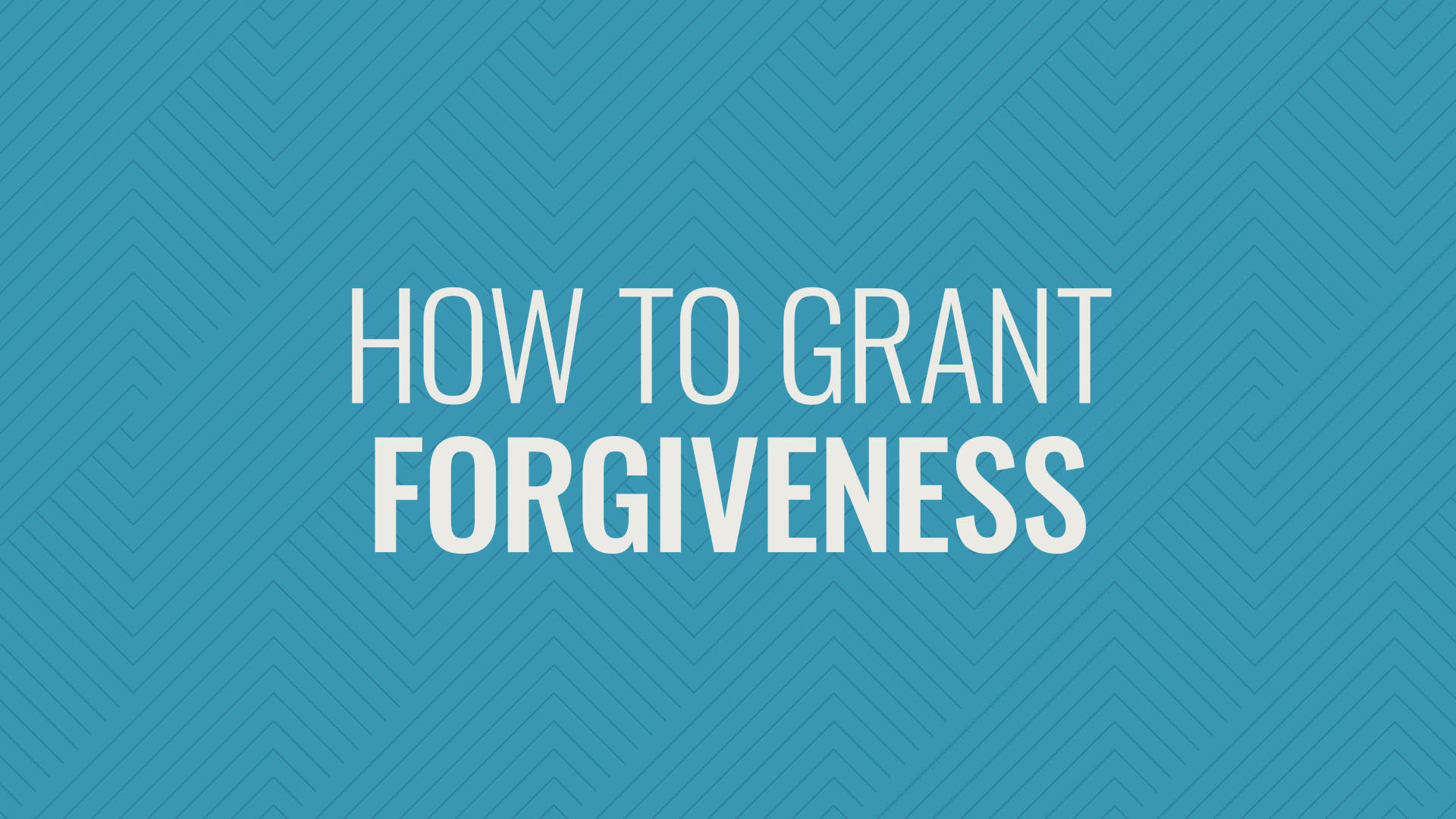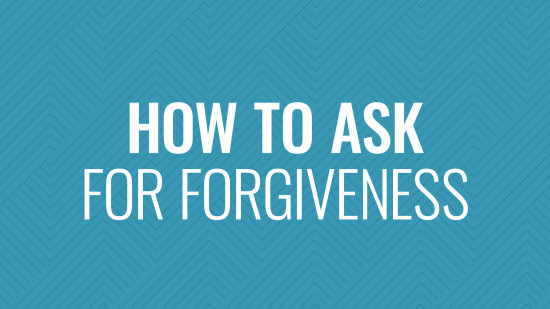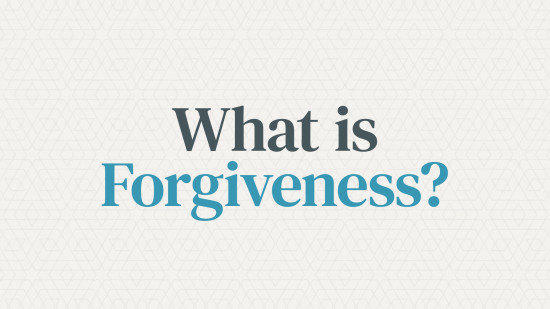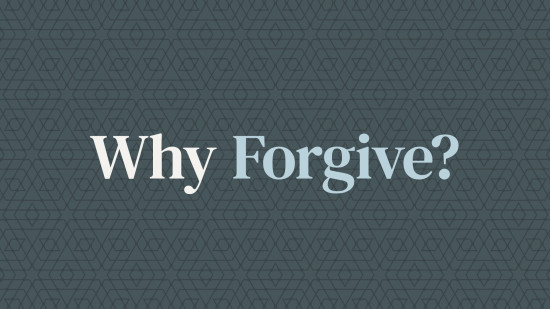Someone has done you wrong. You’ve been hurt in some way by their actions. You know you should forgive them; as believers, we’re even commanded to forgive each other (Luke 17:3-4; Colossians 3:13). However, you’re having a hard time putting that into practice. Maybe the sin seems too big to forgive, like a you-should-be-in-jail-for-this level of offense. Or, maybe it is something really minor, but you’re fed up with having to again forgive a friend for what seems like the 77th time (Matthew 18:21-22).
So how do you forgive someone when forgiveness is hard?
Understand What Forgiveness Is
Often, the reason we don’t want to forgive someone is because we misunderstand what forgiveness is. We think it means we have to first stop feeling pain or forget that the offense happened. However, feeling and forgetting are not conscious actions that you can command someone to do. Since God commands us to forgive, we know that forgiveness has to be a choice that we control.
Forgiveness is a decision, not a feeling. It’s a choice we make to cancel the relational debt that someone owes us. It means that we won’t punish them or seek revenge (Proverbs 24:29), and that we will not hate them (1 John 3:15) or hold a grudge (Matthew 5:21-22). Instead, we hand the situation over to God. We acknowledge that Christ’s sacrifice is sufficient to cover their sins as well as our own (Colossians 2:13-14)—or, if they choose not to seek forgiveness from God, that His eventual justice will be enough to satisfy your anger or hurt (Hebrews 10:30-31). Vengeance is not your job; it’s God’s job (Romans 12:19).
Understand What God Has Done for You
Our motivation for forgiving others comes from how God has forgiven us.
When focused on how someone else has sinned against us, it can be easy to minimize our own sins. We think they are not that bad in comparison, or we just don’t think about them at all. However, from God’s standpoint, all sin creates a massive debt which we could never repay (Matthew 18:23-35). God chooses to forgive us anyway, at great cost to Himself (1 Peter 2:24). Forgiving others is a right response to how God has forgiven us. Otherwise, we are like the “unforgiving servant” in Matthew 18, who has been granted amazing grace but refuses to extend any grace to others. We have been forgiven much, and should therefore be willing to forgive much (Matthew 6:14-15).
Pray for Help
When you’ve been deeply hurt by someone, even meeting with them or hearing their apology can be hard. But God doesn’t leave us to fend for ourselves. Pray to Him for peace (Philippians 4:6-7) and the strength (Philippians 4:13) to forgive them.
Pray for a clear understanding of who you need to forgive and what you need to forgive them for, as well as for any areas where you need to seek someone else’s forgiveness. In some situations, both sides can be at fault; you might need to both forgive someone and ask for their forgiveness. For example, if you get into an argument and start calling each other names, then both of you will have something to forgive the other person for. Ask God to search your heart and point out if there are any things that you should ask forgiveness for (Psalm 139:23-24). There might not be anything; sometimes you are an innocent victim. Other times, your role might be relatively minor, with the other person responsible for most of the problem. But even if you are only responsible for a tiny part, fully own that part and seek forgiveness as you grant forgiveness to them.
Set Necessary Boundaries
Are you reluctant to forgive because you are afraid of being hurt again? It is true that someone who has sinned against you might do so again (Proverbs 19:19), but that can happen regardless of whether or not you forgive them. In no way does forgiving someone mean that you are giving them permission to do the same thing again. And in some situations, it can be wise to set boundaries to protect yourself (or others) going forward. For example, you can forgive someone for a crime while still testifying against them in court. Or, you can forgive your spouse for looking at pornography while also installing internet filters to block such content.
Choose to Forgive
In the end, forgiving the other person is a decision you have to make. It is up to you; it’s not based on what the other person does (or does not do). Because of this, you can choose to forgive someone even if they never ask for your forgiveness.
Forgiving someone is a gift you give yourself; it removes that weight from your shoulders and means that they no longer have that power over you. It doesn’t mean that the hurt they caused will immediately go away, but it is a step in that direction; forgiveness lets you stop focusing on the pain and begin to move on.
If you are still having difficulty overcoming a past hurt (or forgiving yourself for something you’ve done), consider checking out re:generation recovery for help.



